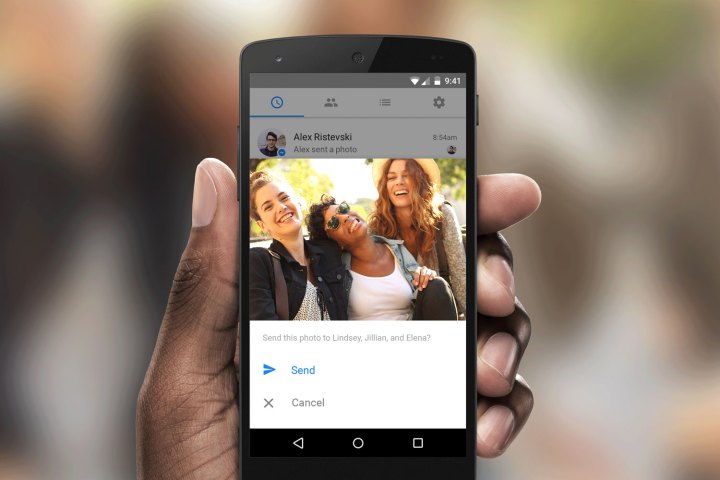
And in the 21st century, a restraining order applies to much more than physical distance — you’ve gotta keep your cyber yardage in check too.
In issuing her decision, Acting Westchester County Supreme Court Justice Susan Capeci wrote, “The allegations that she contacted the victim by tagging her in a Facebook posting which the victim was notified of is thus sufficient for pleading purposes to establish a violation of the order of protection.” The entire ordeal has resulted in a second-degree criminal contempt that could land Calderon in jail for up to a year.
As the digital space becomes an increasingly common method of communication, a growing number of courts are taking online messages as a form of contact, expanding the previous understanding of restraining orders. Calderon’s case is by no means the first social media related violation the justice system has seen. As the Huffington Post notes, “in 2008, a judge similarly refused to dismiss a criminal complaint for contempt when a person sent a friend request though MySpace even though a no-contact Order of Protection was in effect,” and the next year, woman from Tennessee was arrested for using a Facebook “poke” on an individual she was banned from contacting.
So tag with caution, friends. Just because you’re keeping yourself 100 meters away doesn’t mean you can’t get yourself into trouble all the same.
Editors' Recommendations
- You can now use the Add Yours sticker on Reels for Facebook and Instagram
- The new ways Meta will pay you to make content for Facebook and Instagram
- Facebook vs. Facebook Lite: Which is best for you?
- Facebook terms hint it could take down content that may land it in legal trouble
- Facebook says iOS 14’s new privacy tools could harm its ad business


